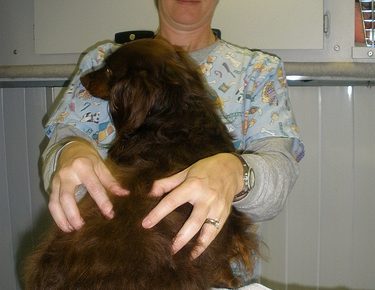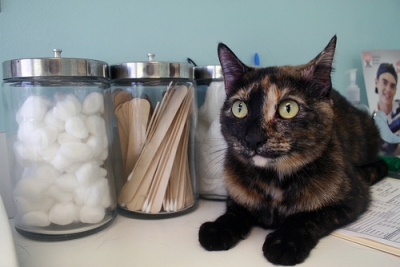When a pet is diagnosed with an illness, particularly one that has a poor prognosis, we are willing to do anything that will help. Seeking a second opinion from a specialist or another vet often can offer different options for a better prognosis.
Whether you’ve moved or changed vets for some other reason, you may not have had the time to build a relationship with the new vet. Consulting another vet will give you the time to form a trusting association with the new vet.
Perhaps your present vet can give you the name of a specialist who may confirm the diagnosis. Vets are usually very understanding if you want a second opinion and will often advise you to do so, especially for some conditions such as cancer which involves prolonged and expensive treatment. The specialist can help you choose an option and one that will fit your pocketbook.
If your vet can’t find anything wrong with your pet, but knowing your pet as well as you do, you feel that s/he has a problem, a second opinion is a good idea.
Do not wait for a second opinion if your pet is in an emergency situation. Quickly seek the necessary treatment. When your pet is well enough to come home, you may want the advice of another vet.
There is important information to bring with you when you go for a consult – your pet’s medical records, blood work results, x-rays, information on any other tests. In order to help the vet, write down any information such as symptoms (when they began, duration, what they are) and changes in your pet. Have as much information as you can available to the consulting vet.
<!– NewPP limit report Preprocessor visited node count: 1/1000000 Preprocessor generated node count: 4/1000000 Post-expand include size: 0/2097152 bytes Template argument size: 0/2097152 bytes Highest expansion depth: 1/40 Expensive parser function count: 0/100 –>



